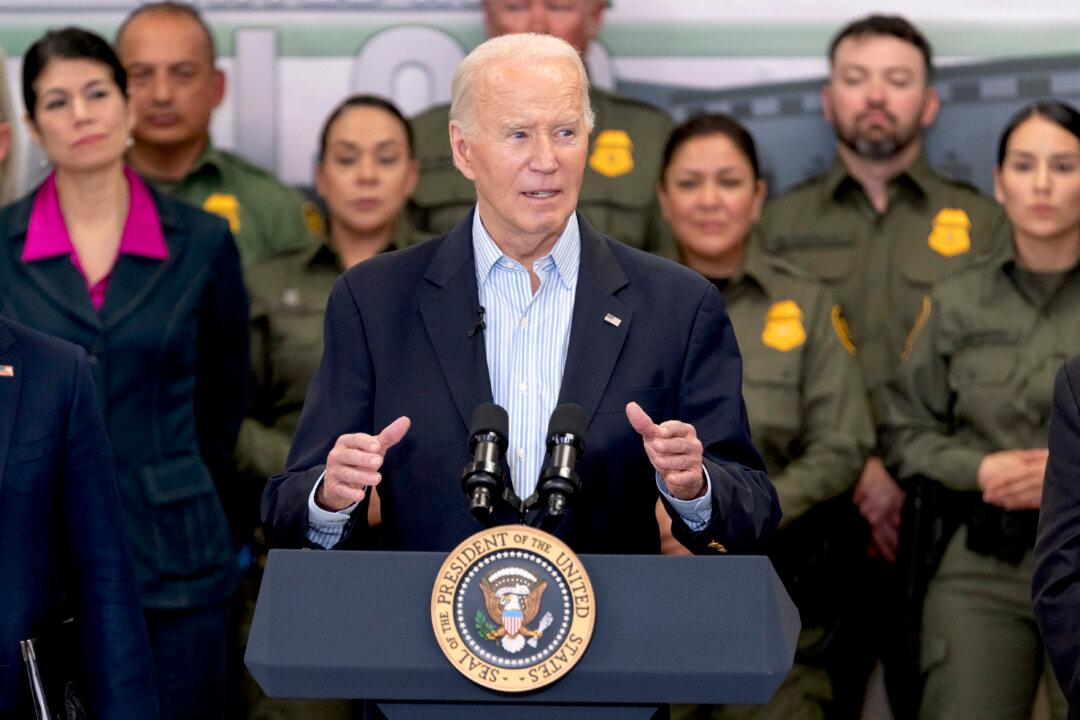Commentary
This evening, President Joe Biden will make what could be his final State of the Union address. Expect a great deal of blame-shifting about the border.

This evening, President Joe Biden will make what could be his final State of the Union address. Expect a great deal of blame-shifting about the border.